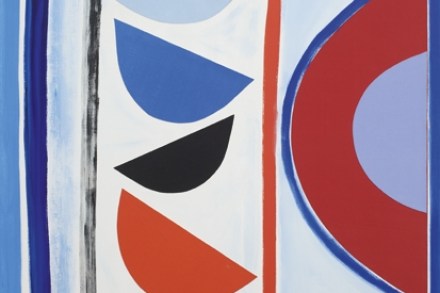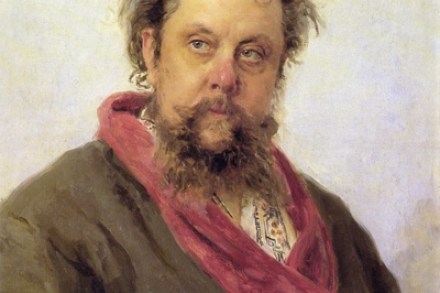The abstract art full of ‘breasts and bottoms’
Is there any such thing as abstract art? Narratives and coherent harmonies seem to me always to emerge from the shapes and colours. Picasso’s cubist planes, as critics have noticed, usually disclose wine bottles, mandolins and bread baskets upon a table — icons of his Catholic childhood. The red and black slabs of Mark Rothko are our planet as mapped from outer space. Jackson Pollock created mad spiders’ webs. Klee is full of farmyard animals. Piet Mondrian’s grids are Holland’s dikes and polders. Our own best abstract artist was Terry Frost. Here again the semicircles and thin looping lines are as representational, as ascertainable in the real world, as any





















